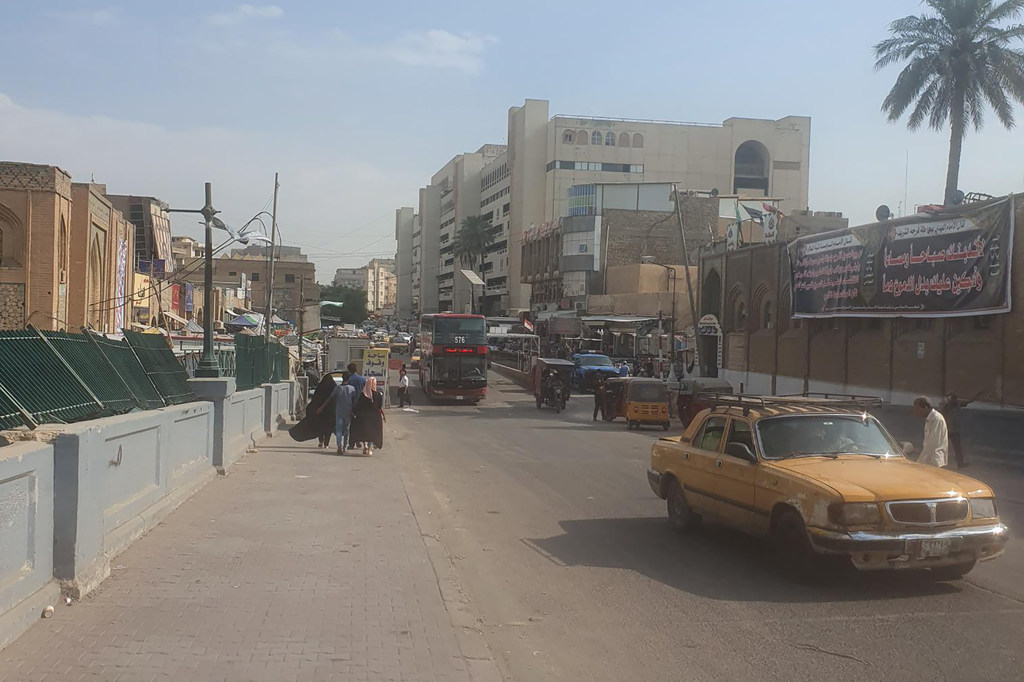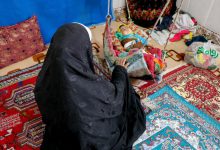Iraq: Put torture prevention laws into practice, urges UN human rights chief
 Although laws in Iraq criminalize torture and set out procedural safeguards to prevent it, a new report released on Tuesday by the UN Human Rights Office (OHCHR) and UN Assistance Mission for Iraq (UNAMI), makes clear that the practice continues in jails throughout the country.
Although laws in Iraq criminalize torture and set out procedural safeguards to prevent it, a new report released on Tuesday by the UN Human Rights Office (OHCHR) and UN Assistance Mission for Iraq (UNAMI), makes clear that the practice continues in jails throughout the country.
While acknowledging legal changes against torture, UN High Commissioner for Human Rights Michelle Bachelet said that “the authorities need to effectively implement the provisions written in the law in each and every detention centre”.
“If not, they remain a dead letter”.
Shocks and beatings
Covering 1 July 2019 to 30 April this year, the report is based on interviews conducted with 235 detainees, along with prison staff, judges, lawyers and detainees’ families.
“I experienced the worst days of my life”, one prisoner told UN staff who helped draw up the report. “As soon as I arrived, the officers beat me using metal pipes. The following days, they used two exposed electricity wires to electrocute me”.
Another detainee said that “they cuffed my hands behind my back and hanged my handcuffs from a hook on a chain from the ceiling…they didn’t really ask me questions, they just kept shouting to confess”.
The report, Human Rights in the Administration of Justice in Iraq: legal conditions and procedural safeguards to prevent torture, states that legal procedures designed to bring interrogations and detention under judicial control within 24 hours of the initial arrest, are not respected; and access to a lawyer is systematically delayed until after security forces interrogate suspects.
“Eradicating torture will be one of the most effective tools to start to build public trust in the State’s ability to deliver justice and uphold the principle of fairness”, Ms Bachelet said. “However, when the authorities themselves break the law, it has the opposite effect”.
Lack of trust
The report also raises concerns that the authorities ignore signs of torture; complaints procedures appear to be neither fair or effective; and an apparent lack of accountability for these failures.
“The fact that many detainees choose not to report such treatment due to lack of trust, or fear of reprisals, indicates their lack of trust in the system”, said the UN Human Rights Chief.
“This needs to be addressed”, she added, pointing out that “specific recommendations on how to tackle this scourge” are included in the report. “The UN is ready to help the Iraqi Government in this endeavour”.
Recommendation
The authors recommend the adoption of a comprehensive Anti-Torture Law and national action plan – fully in line with international human rights law, particularly the UN Convention against Torture.
Upon arrival at detention centres, detainees do not procedurally receive medical examinations and often face significant delays before being granted permission to make a phone call, according to the report.
Moreover, official detention site locations remain opaque, said the report.
Aiding terrorist propaganda
“Effective prevention and prosecution of torture and other forms of ill-treatment would counter the narratives of terrorist groups and reduce their ability to exploit such practices to justify their own acts of violence”, said Ms. Bachelet.
“The prevention of torture in reality, and not just on paper, would contribute to peace and stability in the long-term, and is therefore in the State’s interest as well as the victims”, she concluded.



